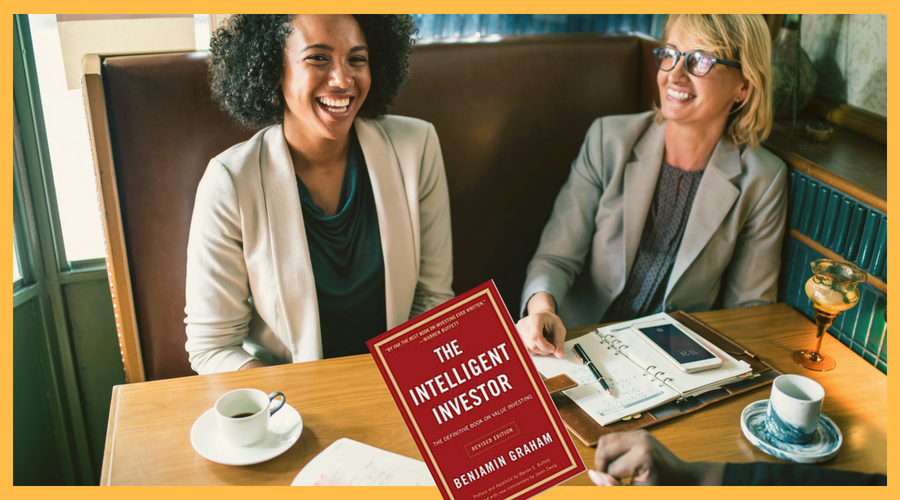Is There ‘Value’ In Value Investing?
Learn from Benjamin Graham’s Intelligent Investor
One of the finance titles on our shelves at the moment is The Intelligent Investor by Benjamin Graham. Graham and his fellow Columbia professor David Dodd established the concept of “value investing” and he gives a great beginners guide to it in his book.
So what is “value investing” all about?
Obviously we’re all looking for value when we make an investment, but the term was coined to describe investments that are cheap at the time of purchase because they are undervalued. Usually this applies to a share in a company but it could be property or bonds too.
How do you figure out what is undervalued?
When a company’s share price takes a tumble because people suddenly get scared about its future, it’s an opportunity for the value investor to buy up its stock and hold on to it in the hope that it will swing up again.
What’s the big idea behind all this?
Emotion! Value investing depends on the stock market falling victim to emotional decision making by investors. If a CEO is embroiled in a scandal, a food company’s products have a health scare or a car manufacturer suffers a safety issue, investors are likely to squeal “eww!” and jump ship. But value investors keep calm throughout all this and recognise that the product or service is still essentially a good one, and in ten years’ time they should be selling high again.
So it’s a long game…
It certainly is. Probably the longest game in trading. You really need to be able to say goodbye to your money for decades, because that’s how long it could take for your investment to start commanding a higher value.
Is it really worth it?
The general consensus is that yes, it’s worth it, but probably not by a massive amount. According to Prudential, “from 1975 to the end of 2016, total returns from the MSCI World Index – a benchmark for stock market performance in developed economies – have averaged 10.7% a year. The MSCI World Value Index, which includes companies from the same markets that satisfy ‘value’ characteristics, has delivered total returns of 11.8% a year.”
So that’s a 1% win for value investing. But depending on how much money you’re putting in and what your attitude is to risk (and remember, this is as risky as any other investment strategy ie. you could lose it all), that’s not to be sniffed at.

